 / Science, Engineering & Technology / Energy & Environment / Page 2
/ Science, Engineering & Technology / Energy & Environment / Page 2
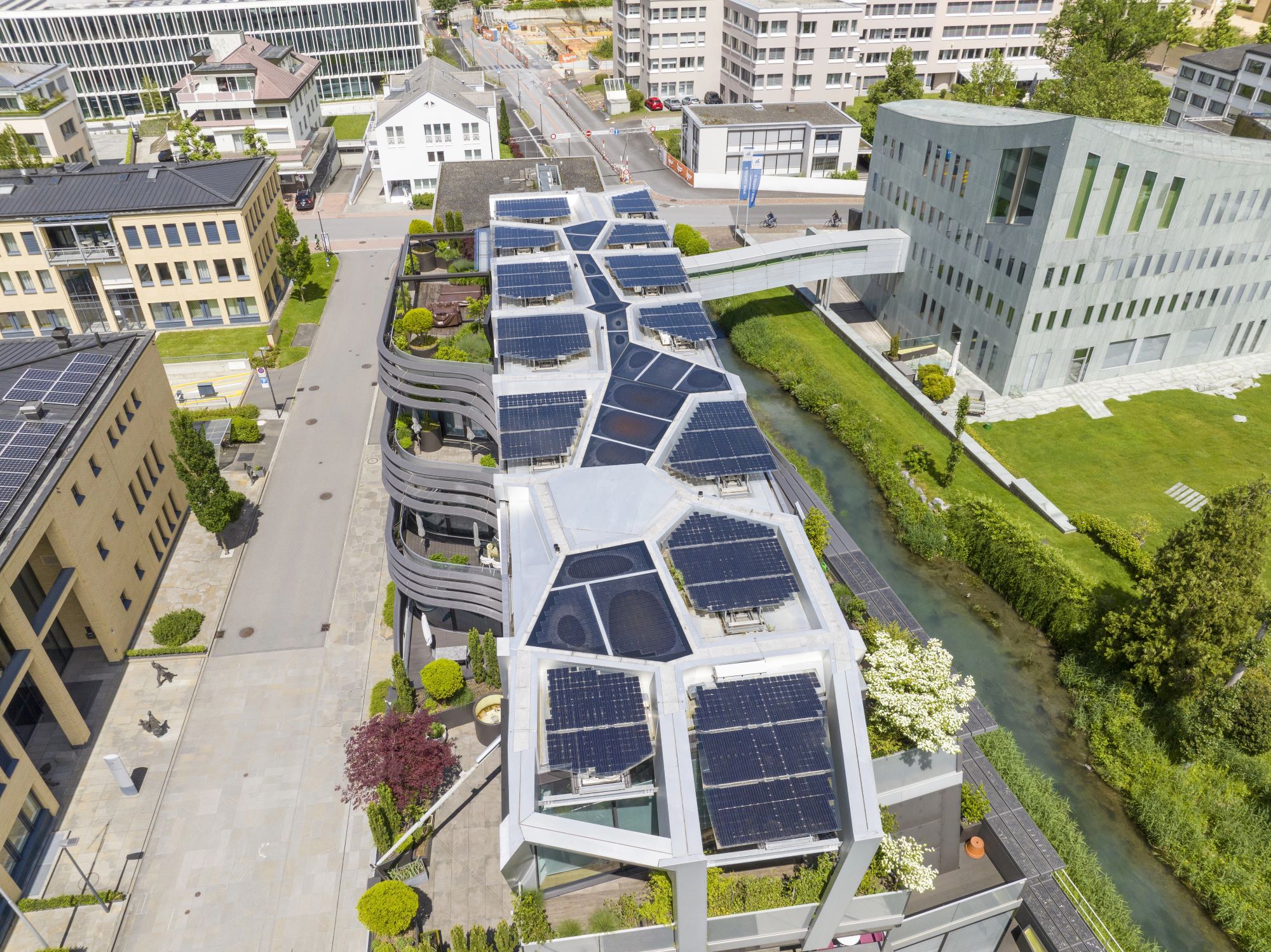

The Samuel Neaman Institute interdisciplinary energy and environment research cluster encompasses a broad spectrum of focus areas. It explores the sustainability of energy and waste supply chains, examining diverse policies and management approaches. The focus extends to strategies for minimizing greenhouse gas emissions through the promotion of innovative technologies, economic incentives, and enhancing policymakers’ understanding of the social and psychological factors that influence changes in attitude and behavior. Additionally, our research addresses climate change adaptation, emphasizing urban resilience and the advantages of forests and open spaces in promoting personal resilience through contact with nature. Furthermore, our team investigates drivers of food waste, measures to address them, and policies aimed at reducing food waste.
Ofira Ayalon, Shiri Freund-Koren, Idan Liebes, Maayan Zerbib Tsion
Gershon Grossman, Yigal Evron
Ofira Ayalon, Miriam Lev-On, Perry Lev-On, Idan Liebes, Maayan Zerbib Tsion
Ofira Ayalon, Tzipi Eshet, Idan Liebes, Maayan Zerbib Tsion, Efrat Kerem, Noam Mozes, Yael Kakhal, Dan Tchernov, Amos Tendler
Ofira Ayalon, Lior Shmueli, Shiri Freund-Koren, Maayan Zerbib Tsion
Gershon Grossman, Idan Liebes, Yigal Evron
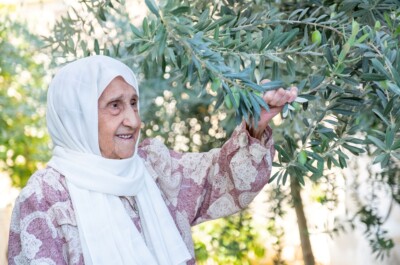
The purpose of this review of the environmental status within Arab authorities is to identify
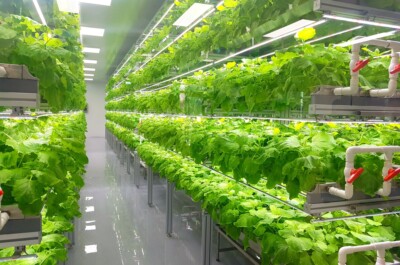
The report analyzes these three central challenges in shaping food security in Israel and the
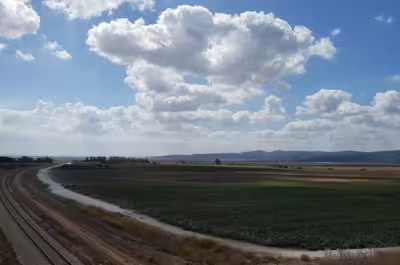
The aim of this paper is to assess the potential impact of establishing an airport
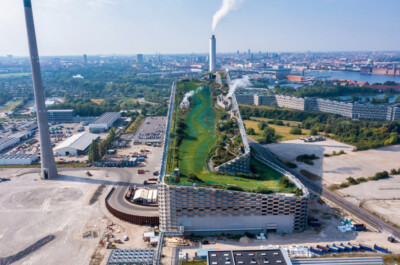
In the summer of 2024, Israel is grappling with a severe waste crisis. Frequent policy
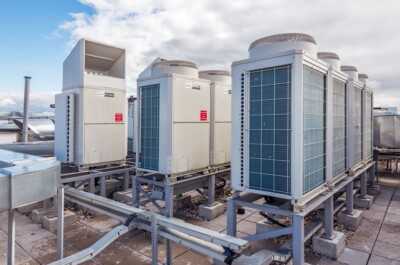
Airconditioningsystemsforuseinbuildingsaredivided into twomaintypes: unitary systems and central systems. To the first type belong window air